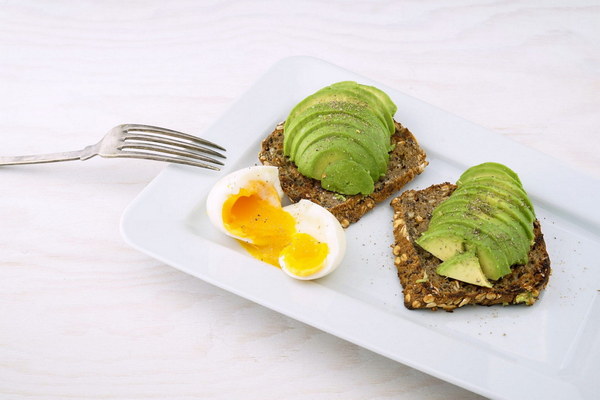The Legacy of Tang Dynasty's Food Therapy A Prolific Influence on Modern Healthcare
The Tang Dynasty, a flourishing period in ancient China, witnessed the advent of a remarkable healthcare system that incorporated food therapy. This innovative approach to healthcare has had a profound and enduring impact on the world, shaping the development of modern medicine and nutrition. This article delves into the legacy of Tang Dynasty's food therapy and its influence on contemporary healthcare.
1. The Concept of Food Therapy in Tang Dynasty
During the Tang Dynasty, food therapy was a popular practice that aimed to maintain and improve health through the consumption of specific foods. It was based on the belief that certain foods possessed unique properties that could treat or prevent diseases. This concept was rooted in traditional Chinese medicine (TCM), which emphasized the balance of Yin and Yang, the five elements, and the harmony of the body's organs.
2. Notable Tang Dynasty Food Therapists and Their Contributions
Several prominent figures in the Tang Dynasty contributed to the development and dissemination of food therapy. One of the most notable was Ge Hong, a renowned alchemist and physician, who compiled a comprehensive collection of food therapy recipes in his famous work, Bai Hu Fang (The White Horse Decree). Another significant figure was Sun Simiao, a prominent physician who emphasized the importance of food therapy in his works, such as Qian Jin Fang (Thousand Gold Formula).
3. Influence on Traditional Chinese Medicine
The concept of food therapy has been an integral part of TCM for centuries. Many TCM practitioners continue to use food therapy to treat a wide range of conditions, from common colds to chronic diseases. The integration of food therapy into TCM has allowed for a more holistic approach to healthcare, focusing on the prevention and treatment of diseases through diet and lifestyle modifications.
4. Influence on Modern Nutrition
The principles of food therapy in the Tang Dynasty have had a significant impact on the field of modern nutrition. Many of the food therapy practices, such as balancing the consumption of various nutrients, have been incorporated into modern dietary guidelines. Moreover, the emphasis on whole foods and natural remedies has led to the development of dietary supplements and functional foods.
5. Influence on Western Medicine
The concept of food therapy has also influenced Western medicine, although to a lesser extent. Modern nutritionists and healthcare professionals have recognized the importance of diet in disease prevention and treatment. This has led to the integration of dietary interventions into clinical practice, particularly in the management of chronic diseases such as heart disease, diabetes, and obesity.
6. The Legacy of Tang Dynasty's Food Therapy

The legacy of Tang Dynasty's food therapy is evident in the enduring impact it has had on healthcare and nutrition. This innovative approach to healthcare has shaped the development of TCM, modern nutrition, and Western medicine, emphasizing the importance of diet and lifestyle in maintaining good health.
In conclusion, the Tang Dynasty's food therapy has left an indelible mark on the world of healthcare. Its principles and practices have influenced the development of TCM, modern nutrition, and Western medicine, emphasizing the importance of diet and lifestyle in maintaining good health. As we continue to advance in the field of healthcare, the legacy of Tang Dynasty's food therapy serves as a reminder of the timeless value of holistic healthcare approaches.









